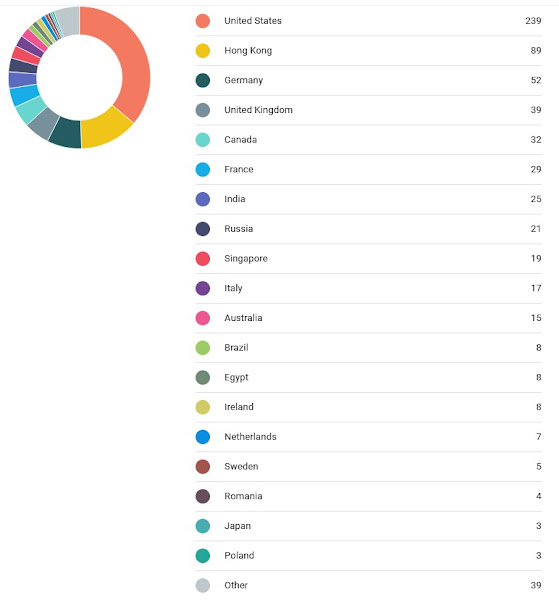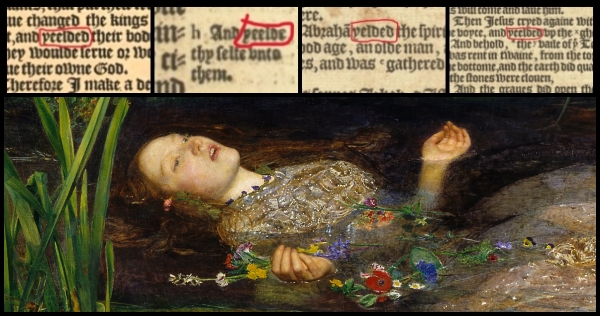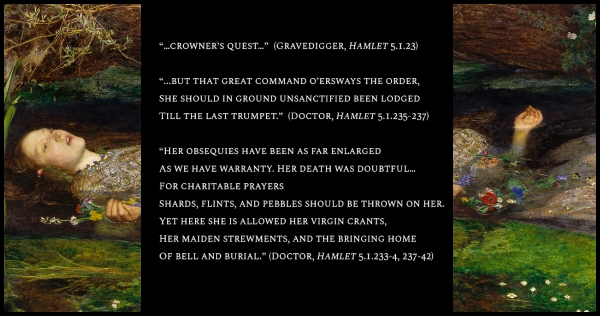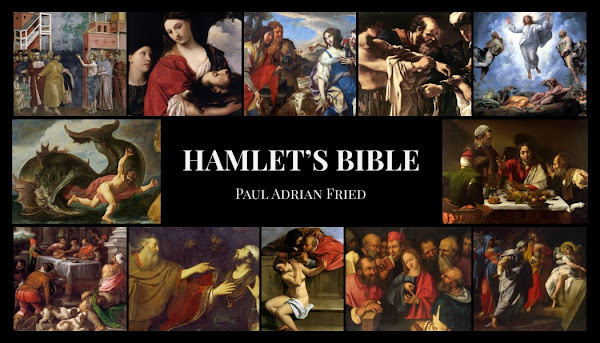Thanks to readers, 1-31 July, 2023

Thanks to readers, 1-30 July, 2023 ~~~~~~~ Thank you to readers of this blog for this past month, which the blog's analytics say came to 662 views from the following countries: Thank you for your interest. I am grateful and humbled. ~~~~~~~~~~~~~~~~~~~~~~~~~~~~~~~ ~~~~~~~~~~~~~~~~~~~~~~~~~~~~~~~ INDEX OF OPHELIA POSTS : My 2023 series on Ophelia, and earlier Ophelia posts: https://pauladrianfried.blogspot.com/2023/10/index-of-ophelia-posts-2023-series-and.html ~~~~~~~~~~~~~~~~~~~~~~~~~~~~~~~ ~~~~~~~~~~~~~~~~~~~~~~~~~~~~~~~ YOU CAN SUPPORT ME on a one-time "tip" basis on Ko-Fi: https://ko-fi.com/pauladrianfried IF YOU WOULD PREFER to support me on a REGULAR basis, you may do so on Ko-Fi, or here on Patreon: https://patreon.com/PaulAdrianFried ~~~~~~~~~~~~~~~~~~~~~~~~~~~~~~~ ~~~~~~~~~~~~~~~~~~~~~~~~~~~~~~~ Disclaimer: If and when I quote or paraphrase bible passages or mention religion in many of my blog posts, I do not intend to prom...







